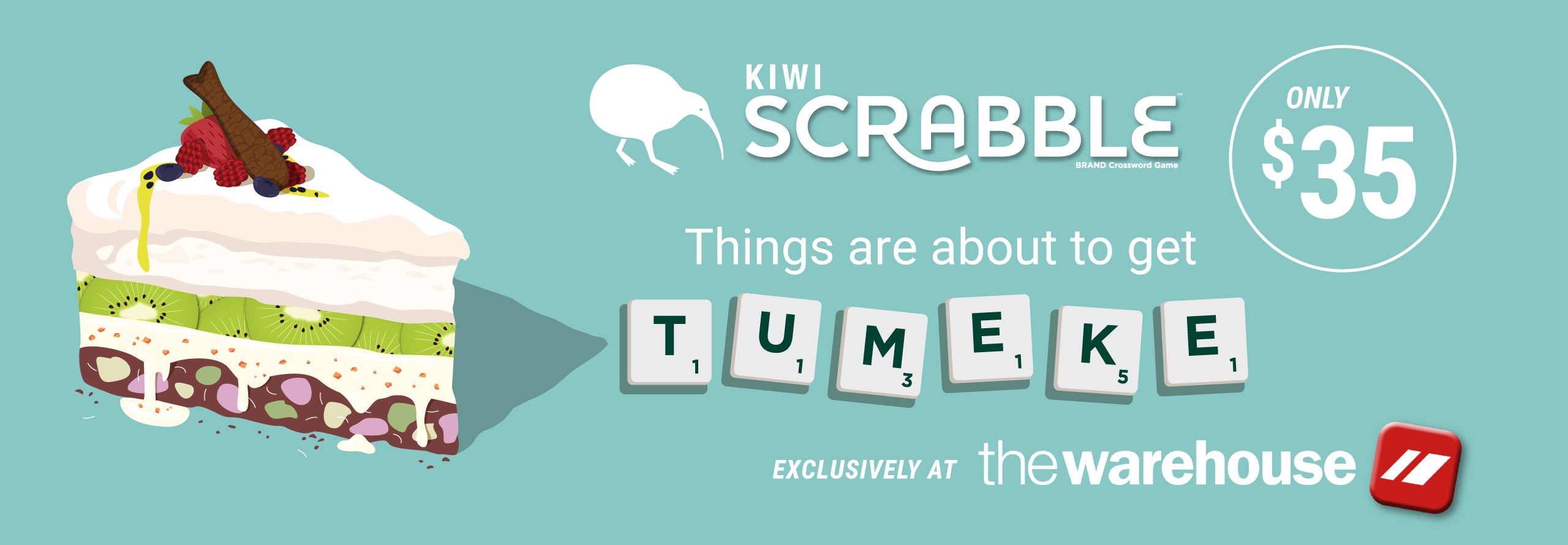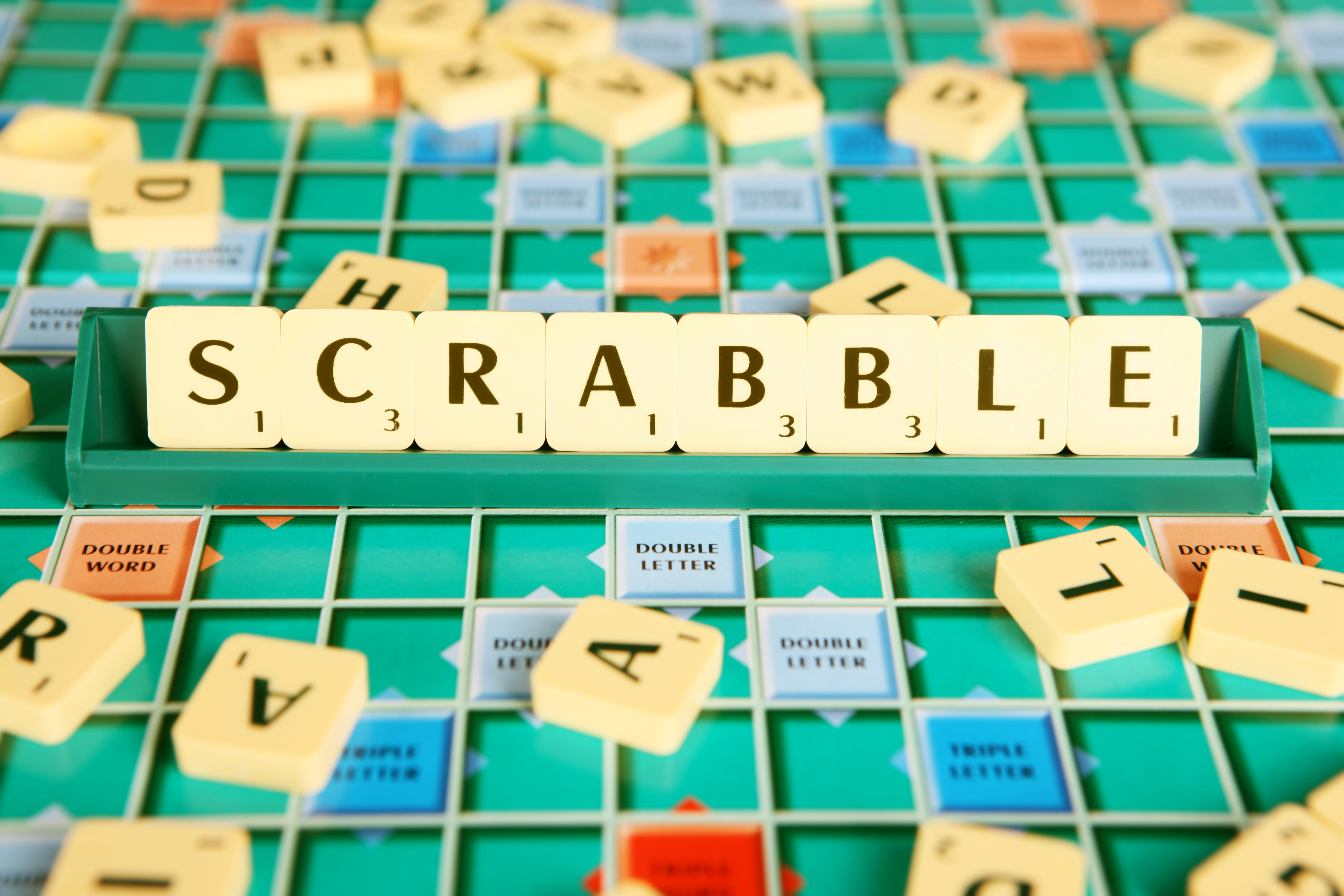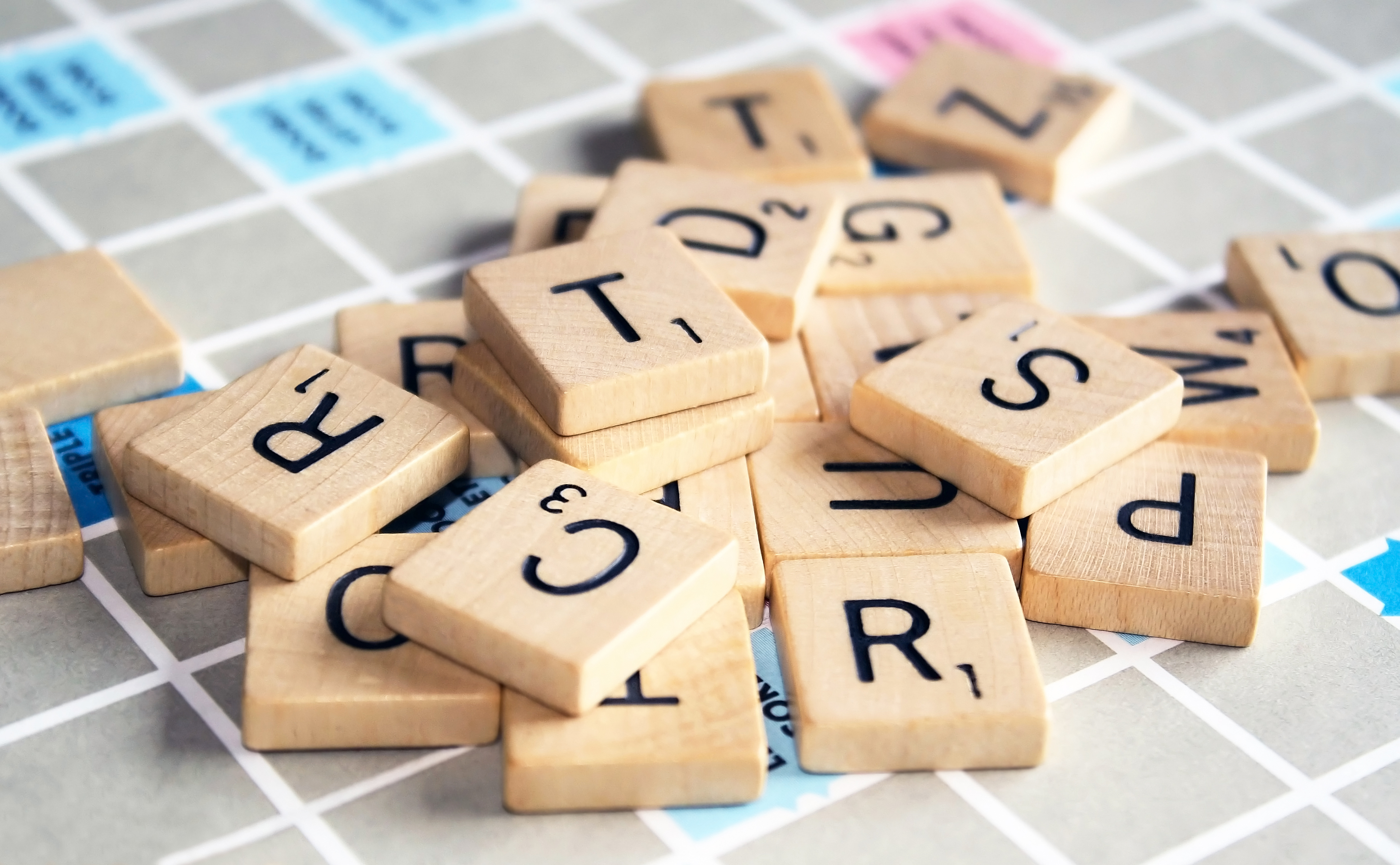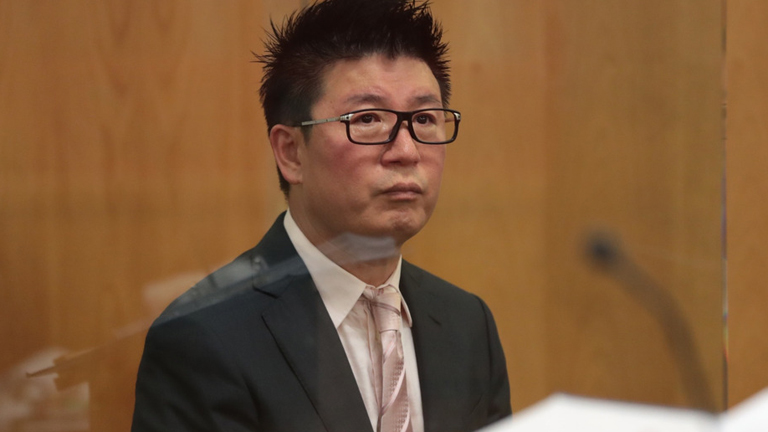The Importance of Play
Kiwis are a playful bunch, especially on the sports field. But who knew the simple act of more leisurely activities like playing board games or cracking jigsaw puzzles could help us live longer,improve our well-being and even turn us into movie stars?


We’ve all heard the saying ‘All work and no play…’ but how many of us truly believe it? Even as adults we remember the joy we felt as Kiwi kids playing Swingball, Spotlight, and Go Home Stay Home.
These days when we finally stop to play games with children we realise how valuable the experience is. Like us, they learn how to interact, how not to cheat, how to lose, and they develop logic reasoning. Play helps families bond and helps us all to relax.
So what happened? When did life become so serious? When did we forget how to play?
It’s work isn’t it, and the phone? Course it is, yet if we only knew the benefits of putting both to one side for half an hour each day we’d probably play a whole lot more. In his fascinating 2008 TED Talk, UK play researcher & psychiatrist Stuart Brown says empathy and cooperation are outcomes of play. “The opposite of play is not work,’ he says, “it’s depression. Nothing lights up the brain like play.”
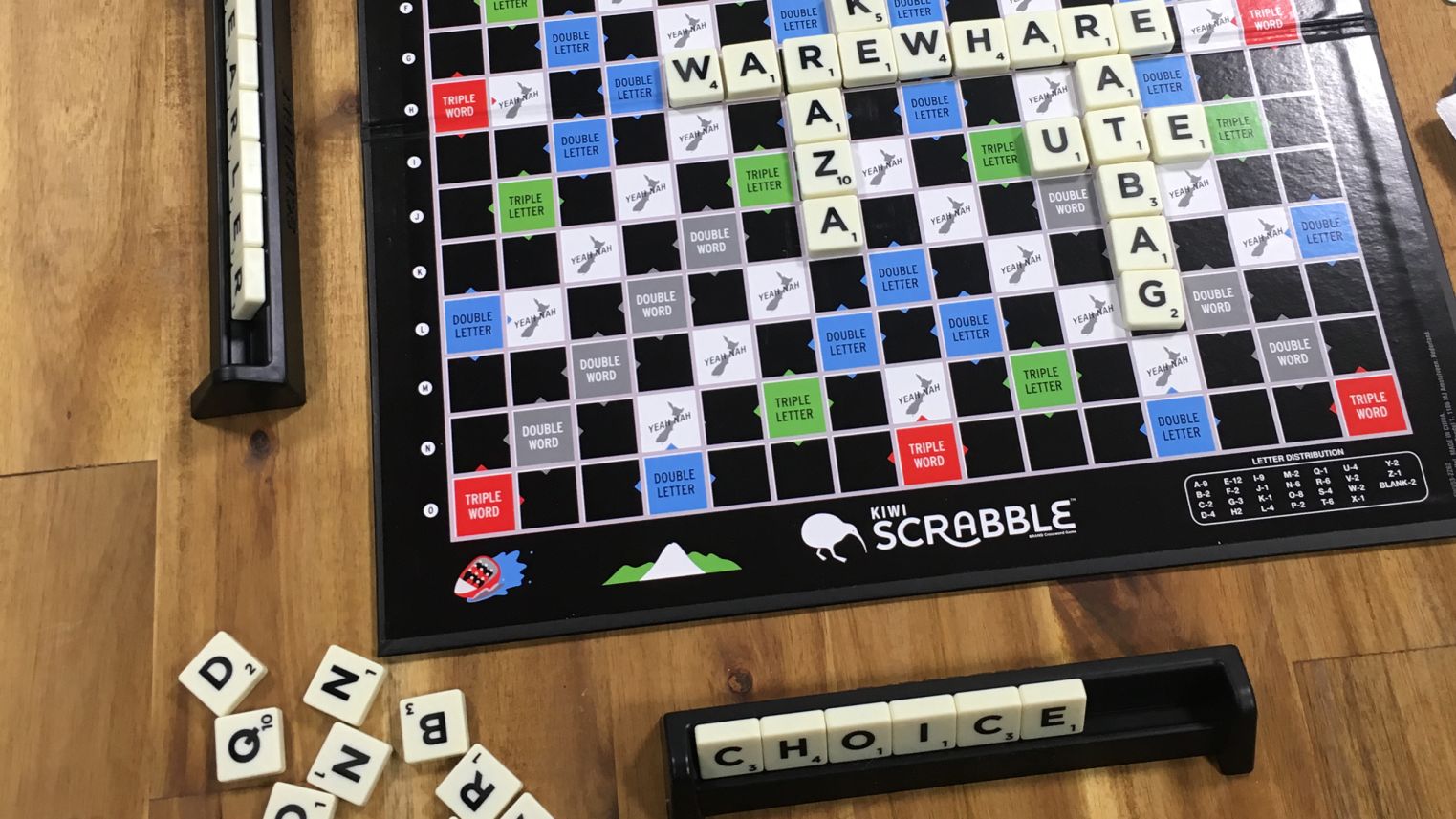
According to Professor Peter O'Connor, from the University of Auckland, each and every one of us has an ambiguous relationship with play.
O’Connor: “The most celebrated and rewarded people on the planet are those who have perfected the adult act of playing. Movie stars, who have retained the childlike ability to act convincingly as someone else, are paid vast sums of money for this very ordinary skill. Play also gives us something else, the capacity to imagine and to slow wonder.’’
Watch a child become engrossed in building a make-believe spaceship with little more than egg cartons and tin foil. We’re envious of how they lose themselves. We remember how good it felt. We use to invent, bond with our friends, and have fun.
Watch here:
“In the university where we work,” he says. “We suspect people are nervous about those who are too playful, who laugh too much, who take their position and status too lightly. Hierarchies are always threatened by those who see through the game, and can play it without taking it too seriously.’’
Along with physical sports, play can mean everything from colouring in, jigsaw puzzles, and board games, the last of which can also help prevent cognitive decline and dementia.
According to a French population-based cohort study, among 3675 non-demented participants at baseline, 32.2 per cent reported regular board game playing. Participants developed dementia during the 20 years of follow-up. The risk of dementia was 15 per cent lower than boardgame players then and non-players after adjustment on age, gender, education, and other con-founders.
There are other benefits too. The same study proved that playing board games can reduce your blood pressure, improve your immune system, improve your memory, and lower the risk of mental illness. Even if you lose, you haven't really lost.
Play should not be limited to the home.
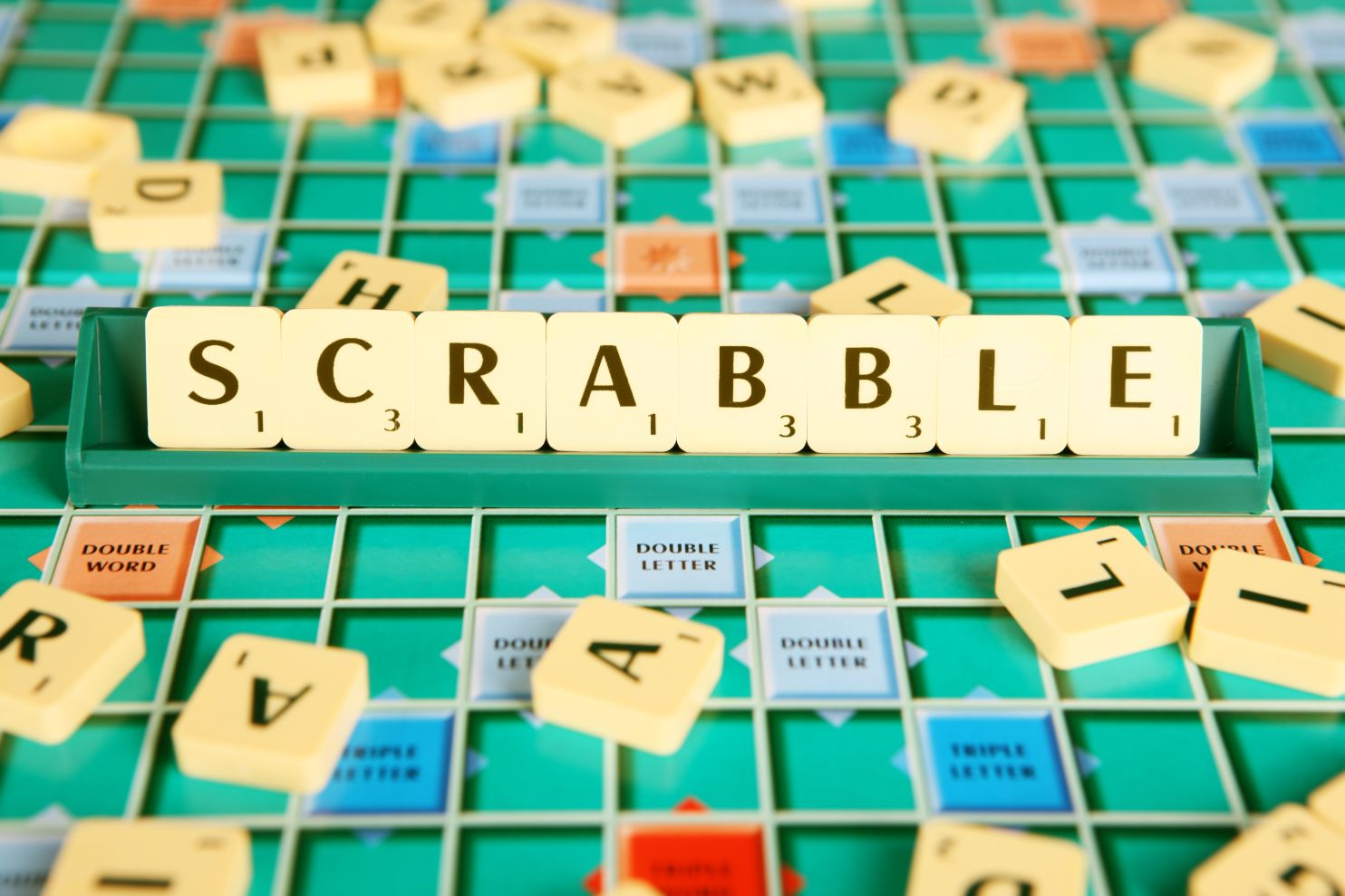
O’Connor: ‘‘Research shows successful workplaces are where people laugh a lot. Despite all the promise of technology, the world has become more factory-like. We've become a society that celebrates individual achievement ahead of public good. Children are told constantly from the age of five whether they meet standards. If they don't achieve, they're not a valuable human being.’’
So how do we do it? If it’s proven that play is packed with benefits, where do we start? What’s stopping us? What can we try tomorrow, today?
‘’There are thousands of ways to play,” says O’Connor. “Go somewhere, play word games, turn off a movie five minutes before the ending and try to guess what happens. Go into the bush and wander, climb a tree, sit in a restaurant and work out the story of the people sitting beside you. Speak in rhyming couplets with your mate.
“Without a doubt, skipping is the best. Skip down the hallway! People will think you’re nuts, but it’s just play.’’
What better to way to reconnect and celebrate the joy of play than with ‘Kiwi Scrabble’ from The Warehouse, because as George Bernard Shaw said, “We don’t stop playing because we grow old, we grow old because we stop playing.’’
